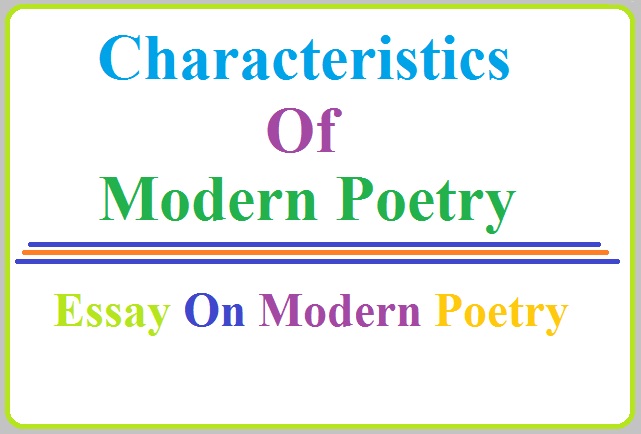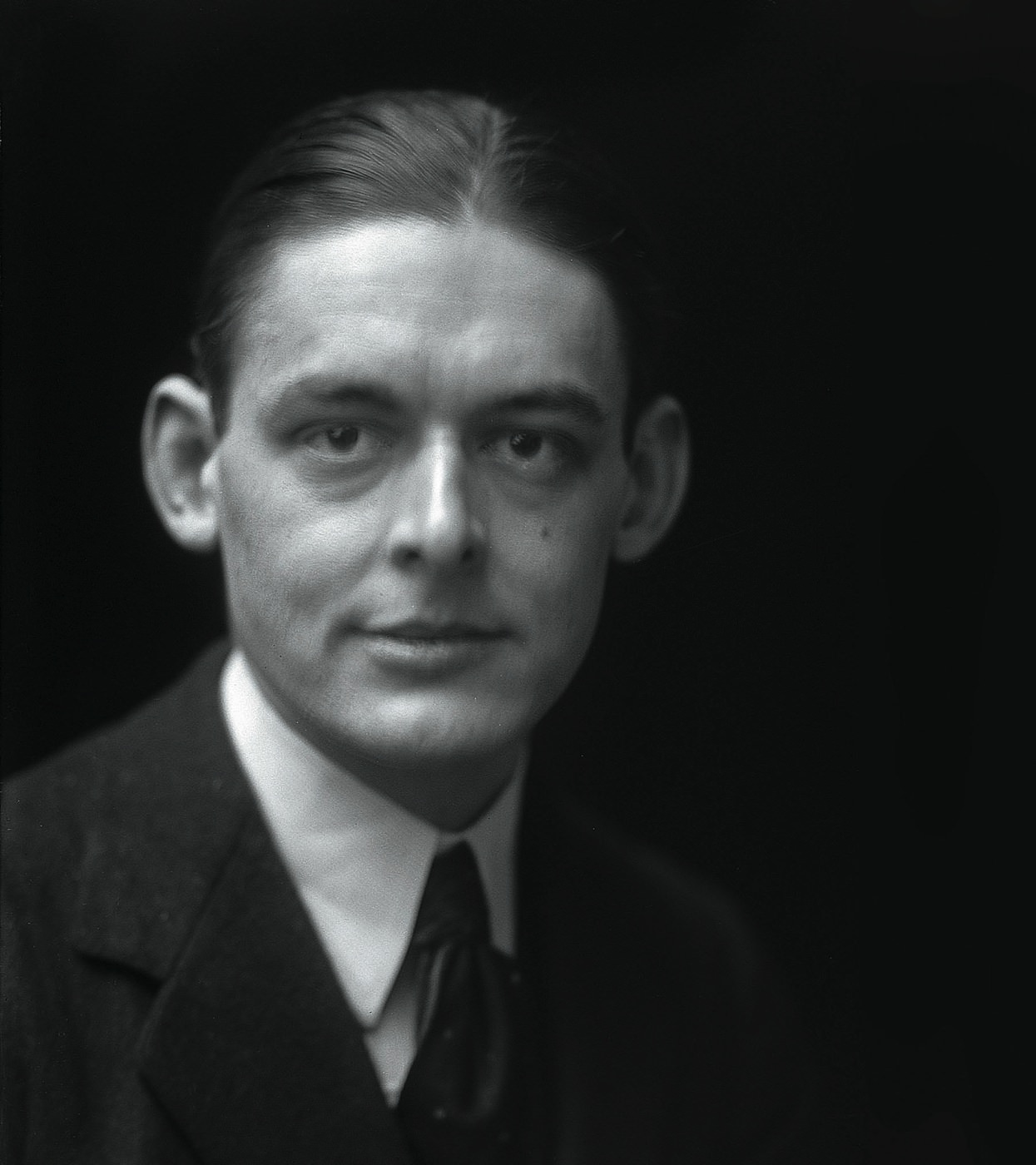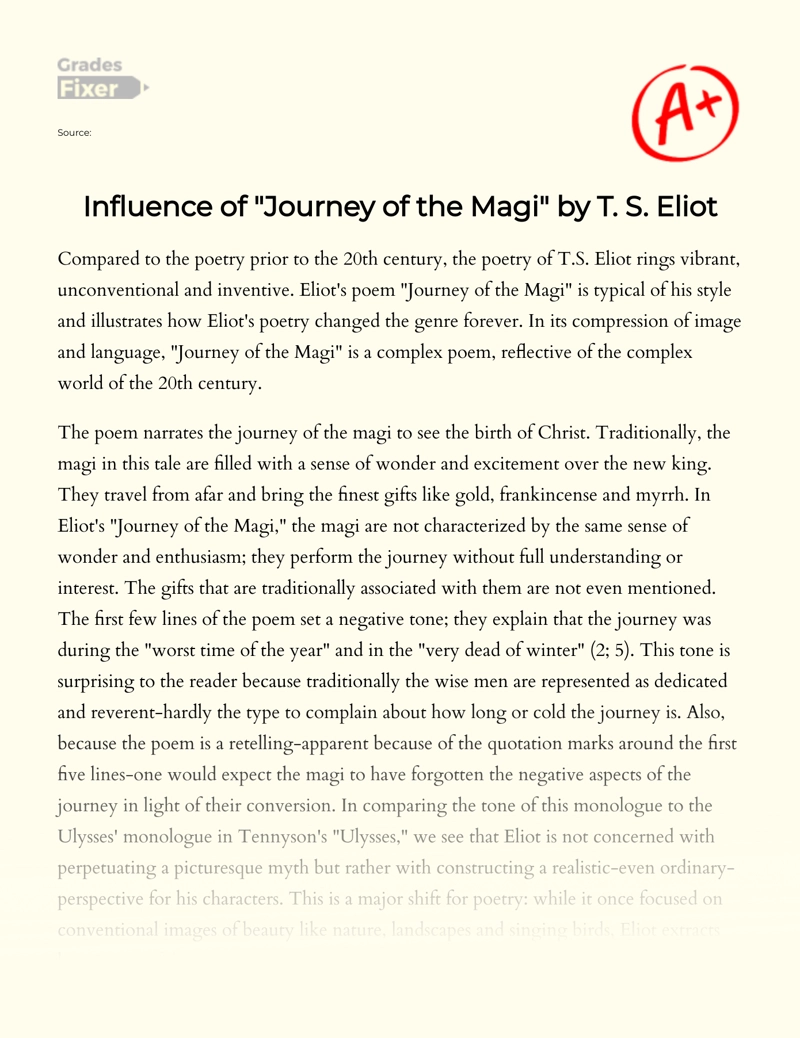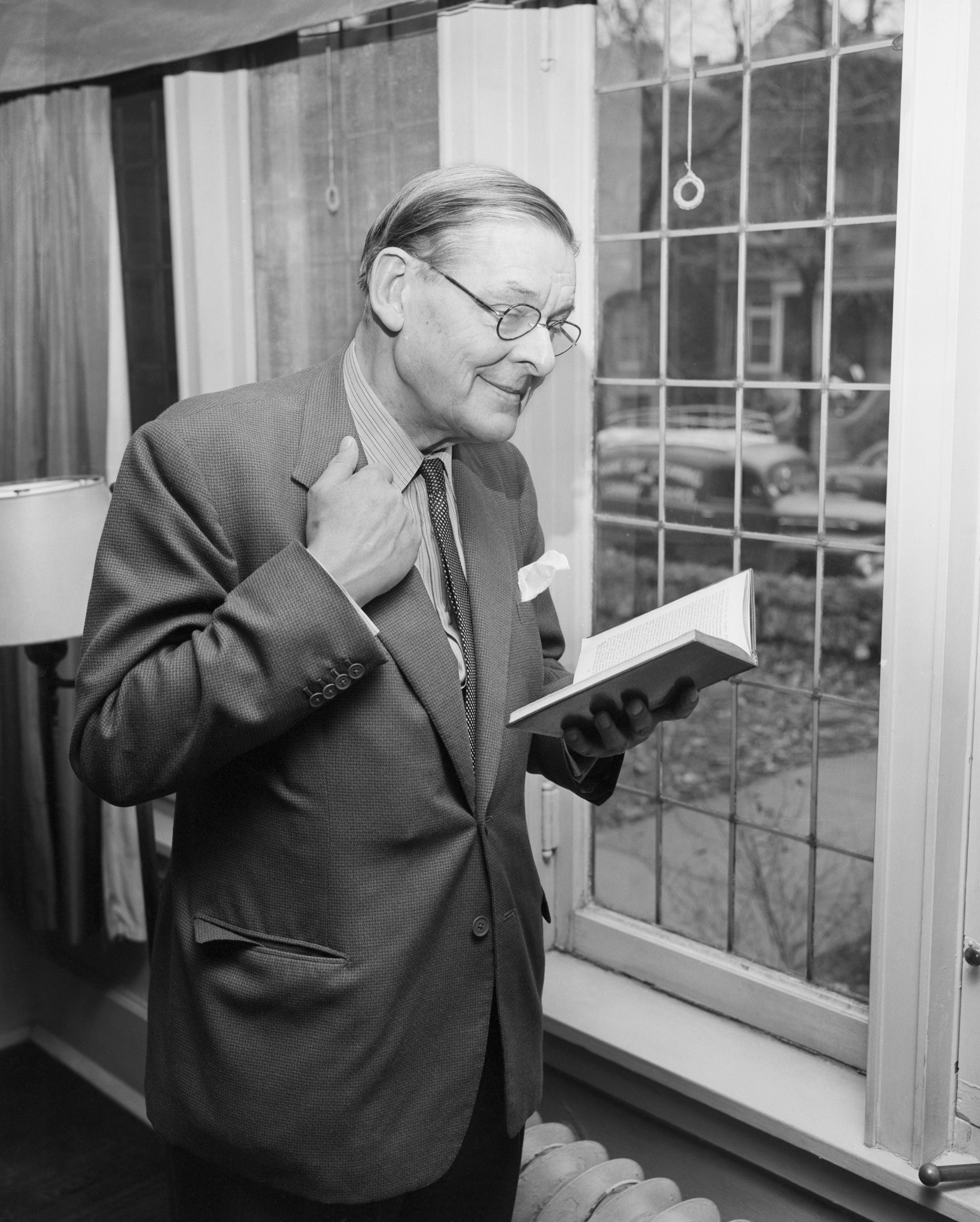Thomas Stearns Eliot, better known as T.S. Eliot, was a major figure in modern poetry and literary criticism. His works, particularly "The Waste Land," have had a profound influence on the development of modern poetry.
Eliot was born in St. Louis, Missouri in 1888 and educated at Harvard University. He later moved to England, where he became a British citizen and published much of his most important work. Eliot was a highly educated and erudite man, and his poetry reflects his wide-ranging knowledge and interests. He was deeply influenced by a variety of sources, including the Bible, classical literature, and Eastern philosophy.
One of the key aspects of Eliot's influence on modern poetry is his use of literary allusions and references. In "The Waste Land," for example, Eliot includes references to a wide range of texts, including the Bible, Shakespeare, and the myth of the Fisher King. This intertextual approach to poetry was highly innovative at the time, and it has had a lasting influence on the way poets use allusion and reference in their work.
Another important aspect of Eliot's influence on modern poetry is his use of fragmented and discontinuous form. "The Waste Land," in particular, is known for its use of disjointed and disconnected imagery and narrative. This approach to form reflects Eliot's belief that the modern world is fragmented and chaotic, and it has had a significant influence on the way that poets have approached form in the modern era.
Eliot was also a major figure in the development of literary criticism, and his essays and reviews had a profound impact on the way that literature was understood and analyzed. His concept of "impersonal poetry," for example, argued that the poet should distance themselves from their own personal emotions and experiences in order to create a more universal and timeless work of art. This idea has had a significant influence on the way that poetry has been written and understood in the modern era.
Overall, T.S. Eliot's influence on modern poetry has been significant and enduring. His use of literary allusion, fragmented form, and literary criticism have all had a lasting impact on the way that poets have approached their craft in the modern era.








